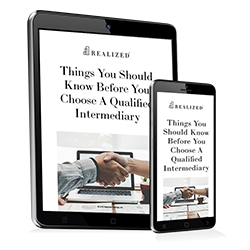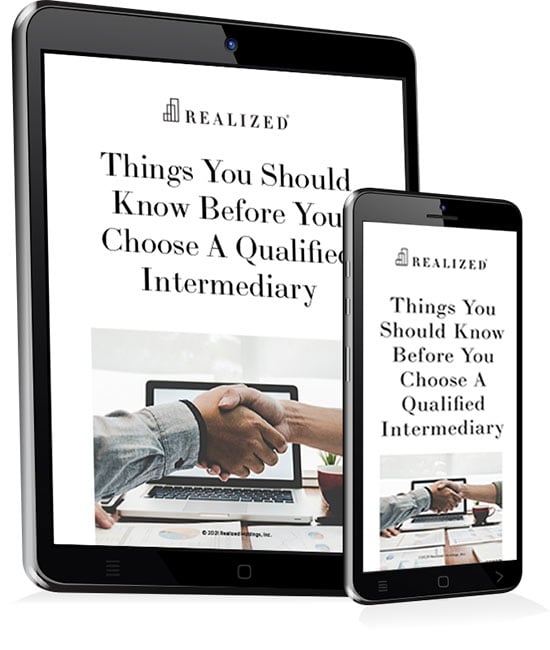
A Qualified Intermediary or QI is a key participant in a 1031 exchange and is critical to the successful outcome of the transaction. Sometimes referred to as a 1031 Exchange Accommodator, the QI is responsible for the following actions:
- Receiving and safeguarding the proceeds from the initial sale (of relinquished property) to ensure that the investor has no constructive access to the funds;
- Receiving and holding the identification of potential replacement properties within the specified 45-day period; and
- Administering the purchase of the selected replacements and documenting the transactions involved within the 180 days allotted.
While there are no specific eligibility requirements for a Qualified Intermediary, there are some exclusions. The QI cannot be a family member, agent, or employee of the investor, and there cannot be any direct financial relationship between the investor and the QI. The QI can either be an individual or an institutional entity, and the investor should find one with experience. There are some best practices for QI firms that the investor may want to inquire about during the selection process:
- Ask about internal controls and audits during the 1031 transaction to ensure the safety of the funds.
- Ask that your money be held in a segregated, FDIC-insured account not co-mingled with other client funds.
- Ask if the funds are held in liquid form during the holding period
- Request online viewing access during the exchange period.
- Request periodic statements for your account.
The Foreign Account Tax Compliance Act (FATCA) requires U.S. citizens (regardless of whether they reside in the U.S. or elsewhere) to file yearly reports about their foreign account holdings. The statute was part of the HIRE Act in 2010 (Hiring Incentives to Restore Employment) which was designed to promote jobs in the U.S. and increase transparency in international financial services, decreasing tax evasion. In addition to the annual filing required for taxpayers, the Act requires foreign financial institutions and other foreign companies (like brokers and insurance companies) to report information about foreign assets held by U.S. account holders to the IRS.
How Do Taxpayers Comply with FATCA Provisions?
Individual U.S. taxpayers who hold assets outside the United States report those holdings using Form 8938 , Statement of Specified Foreign Financial Assets. Taxpayers should note that this is in addition to, not instead of, the requirement to file FinCEN Form 114, Report of Foreign Bank and Financial Accounts (FBAR).
The reporting threshold for single taxpayers living in the United States is financial assets with a total value of $50,000 on the last day of the tax year or $75,000 at any time during the tax year. The threshold for a married couple filing jointly is $100,000/$150,000.
If you are a single taxpayer living abroad, the threshold is $200,000 in total assets (again doubled if you are married filing jointly) on the last day of the tax year or $300,000 at any time during the tax year ($600,000 for a couple filing together.)
The determination of whether the taxpayer lives abroad is if you are a U.S. citizen whose tax home is a foreign country and you resided in a foreign country or countries for at least 330 days of the applicable 12 month period.
The assets which need to be included in the aggregate amounts include foreign stock and securities, financial instruments, and other interests. However, there are specific exceptions, so consult your financial and tax advisor for assistance.
This material is for general information and educational purposes only. Information is based on data gathered from what we believe are reliable sources. It is not guaranteed as to accuracy, does not purport to be complete and is not intended to be used as a primary basis for investment decisions. Realized does not provide tax or legal advice. This material is not a substitute for seeking the advice of a qualified professional for your individual situation.



